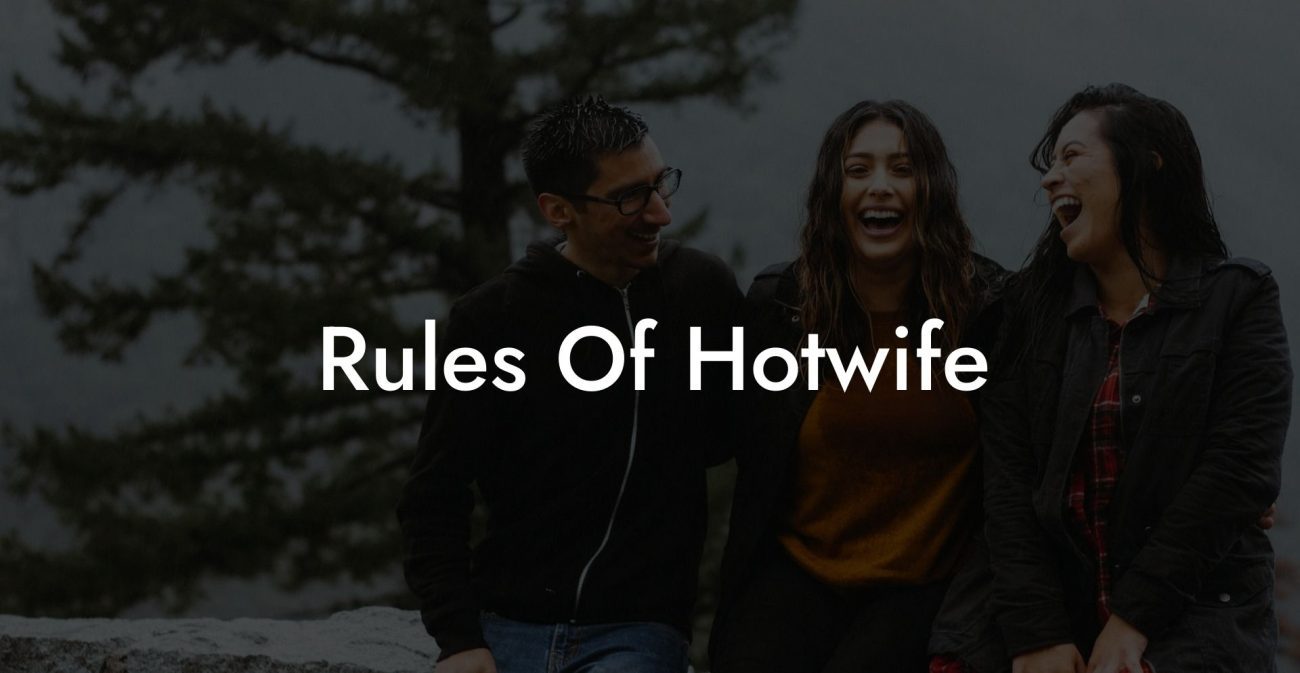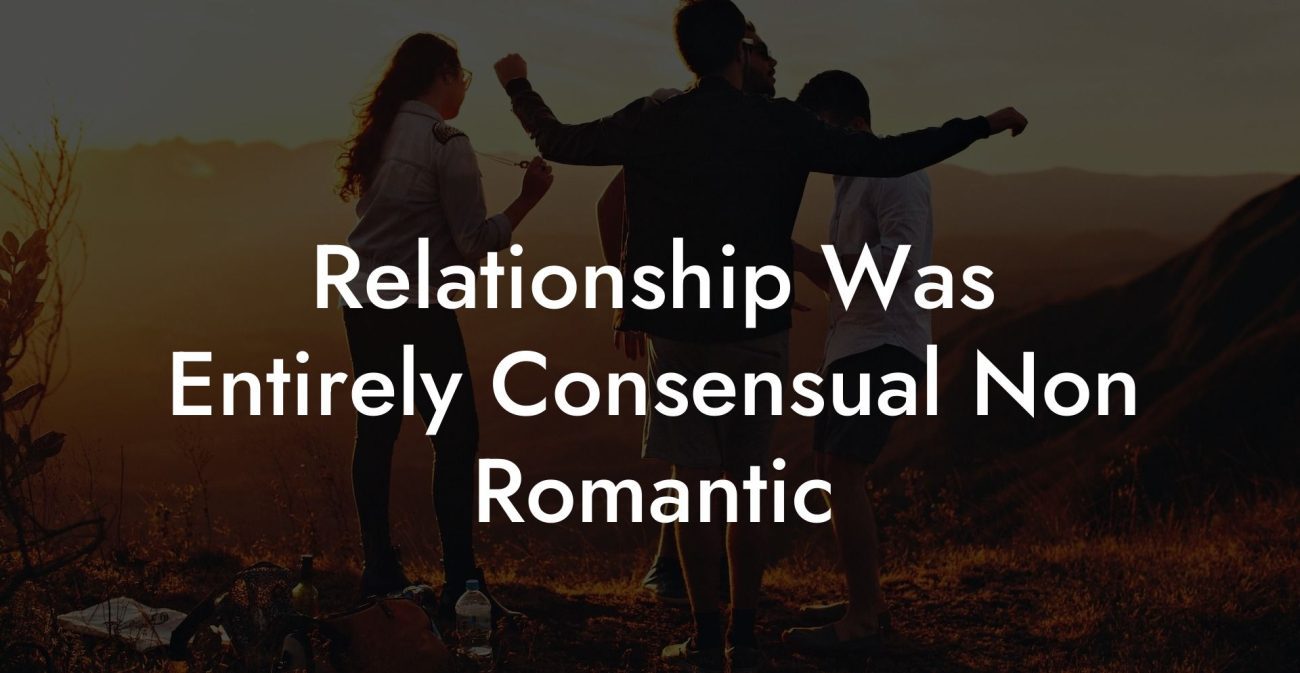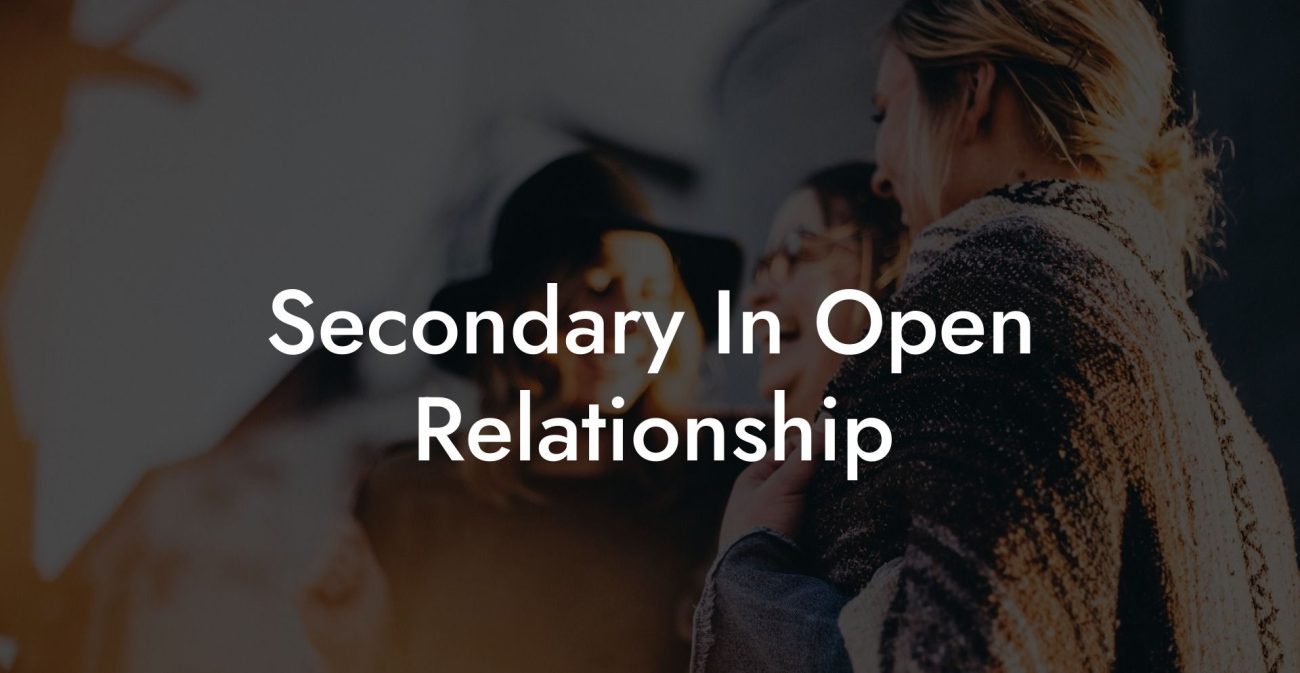Polyamorous and polygamous relationships have gained significant attention in recent years, yet there remains a great deal of confusion around these two forms of non-monogamy. Although they may seem similar, they differ significantly not only in their practice, but also in their underlying principles. The Monogamy Experiment is here to shed some light on these complex relational structures and clear the confusion by highlighting the key distinctions between polyamory and polygamy.
What's The Difference Between Polyamorous And Polygamous Table of Contents
Terminology and Origins
Polyamory, derived from the Greek poly meaning 'many' and the Latin amor meaning 'love,' refers to consensual non-monogamous relationships where individuals are involved in multiple loving and intimate partnerships simultaneously. Polyamory emphasizes love, affection, and emotional commitment rather than simply engaging in sexual relationships.
Polygamy, on the other hand, is the practice of marrying multiple partners. The term comes from the Greek poly meaning 'many' and the Latin gamos meaning ‘marriage.' It has deep historical roots and can still be found in various cultures today. There are two main forms of polygamy: polygyny, where a man has multiple wives, and polyandry, where a woman has multiple husbands.
Beliefs and Principles
Polyamory is founded on the belief that one can love more than one person at a time, with an emphasis on honesty, communication, and consent among all involved parties. It is a fluid and flexible concept, often adapting to the needs and desires of the individuals in the relationship. Polyamorous couples or groups may structure their relationships in various ways, including open relationships, hierarchical polyamory, or relationship anarchy.
Polygamy, conversely, is typically rooted in religious or cultural beliefs, with strict structures and expectations. One person, usually a man, assumes a central role in the relationship, and his multiple partners are expected to maintain loyalty and commitment to him. This often creates a power imbalance within the relationship, and egalitarian relationships are rare in polygamous settings.
Legal Status
Polyamory is a lifestyle choice and not subject to specific laws or regulations. The participants may choose not to marry or may marry one partner while maintaining intimate relationships with others. While there may be legal implications regarding issues such as child custody or inheritance, the relationships themselves are not illegal.
Polygamy, however, is illegal in most countries. In the United States, having multiple spouses is a criminal offense, punishable by fines or imprisonment. Despite this, some religious groups or communities still practice polygamy, often living in secrecy and facing significant legal challenges.
Difference Between Polyamorous And Polygamous Example:
Let's consider two hypothetical scenarios
In the first instance, Sarah, John, and Rachel are all dating each other in a polyamorous triad. They openly communicate their feelings, experiences, and boundaries with each other to ensure all partners are comfortable with the arrangements.
In the second scenario, Michael is a polygamous husband with three wives – Lisa, Emma, and Maria. As the head of the family, Michael expects his wives to attend to his needs and adhere to the expectations set by their religious or cultural beliefs.
As demonstrated above, polyamorous and polygamous relationships differ in several significant ways – principally in their origin, principles, and legal implications. With a growing awareness of alternative relationship structures, understanding the distinctions between these two forms is essential in fostering a more informed and inclusive perspective on non-monogamous relationships.
The Monogamy Experiment aims to build bridges of understanding by providing comprehensive guides on topics like these. If you found this article helpful, do share it with your friends and further explore our blog for more insights into the world of non-monogamy, monogamy, and polyamory.













